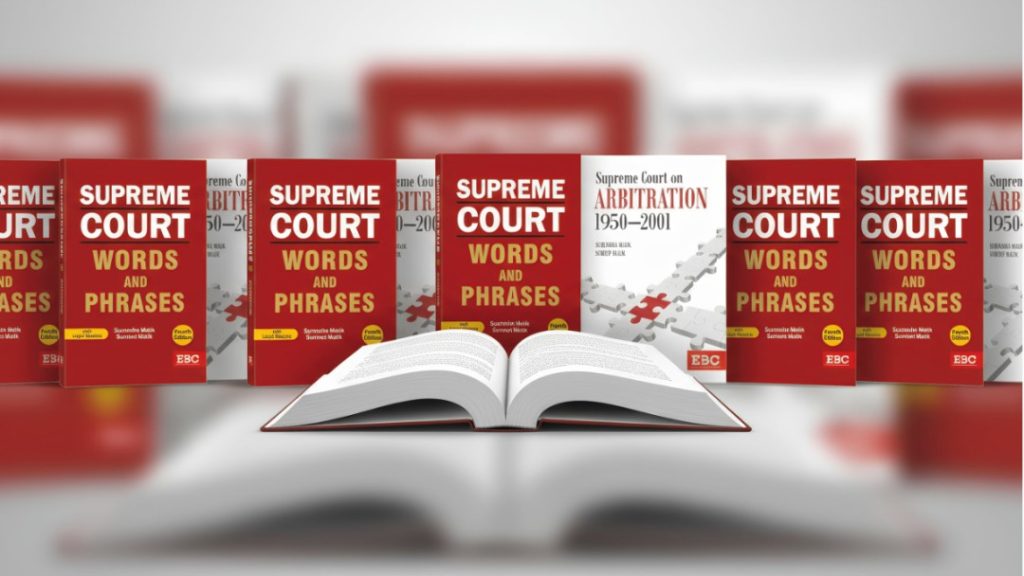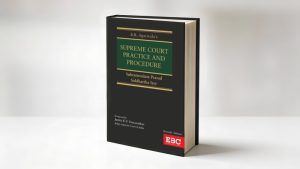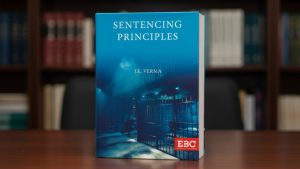
In legal research, understanding concepts accurately and supporting them with judicial authority are two different tasks—both essential. Legal dictionaries and case law referencers fulfill these roles distinctly. One helps you understand legal language, while the other helps you trace how courts have interpreted and applied it.
Below is a clear, comprehensive, and professional breakdown of the types, features, and significance of both.
1. Legal Dictionaries – What They Are
Legal dictionaries are reference works that define and explain legal terms, doctrines, Latin expressions, and technical words used in law. They help researchers master the vocabulary of law accurately and consistently.
Types of Legal Dictionaries
a. Lexicons
A lexicon is a detailed dictionary of legal terms, often arranged alphabetically, offering:
- Definitions
- Context of use
- Basic conceptual understanding
It is the most commonly used format in legal studies and practice.
b. Glossaries
Glossaries offer concise, simplified explanations of legal terms.
They are usually:
- Short
- Easy to reference
- Attached to textbooks or manuals
Ideal for quick lookup and early-stage learners.
c. Legal Maxims Compilations
These collections focus on:
- Latin maxims
- Fundamental legal principles
- Established doctrinal expressions
They explain the meaning, origin, and examples of maxims like actus reus, audi alteram partem, etc., which are frequently used in judgments and legal reasoning.
d. Legal Phrasebooks / Terminology Guides
These explain:
- Idiomatic expressions
- Phrases commonly used in drafting, pleadings, and judgments
Useful for understanding the difference between similar-sounding but legally distinct terms.
e. Subject-Specific Dictionaries
Focused on particular areas of law, such as:
- Criminal law terms
- Constitutional law terminology
- Corporate or tax law concepts
Helpful for deeper specialization.
What Legal Dictionaries Provide
- Definitions for complex legal terms
- Proper usage in legal context
- Meaning and interpretation of maxims
- Consistency in drafting and communication
They answer:
“What does this legal term or principle mean?”
2. Case Law Referencers – What They Are
Case law referencers are research tools that compile and organize judicial decisions under legal topics, principles, or statutory provisions. They help researchers understand how courts have interpreted the law in real cases.
Types of Case Law Referencers
a. Topic-Based Case Referencers
Organized by legal subject (e.g., tort, criminal law, constitutional law):
- Provide lists of important rulings
- Offer short summaries and legal points
b. Statute-Based Referencers
Organized section-wise under statutes.
Under each section, they list:
- Relevant cases
- Judicial interpretation
- Leading precedents
c. Case Citators
These reference tools tell you:
- Whether a judgment was followed, affirmed, distinguished, or overruled
They help determine precedential strength and validity.
d. Annual Digests and Compilations
Summarize important judgments year by year, showing:
- Legal developments
- Shifts in judicial interpretation
- Key takeaways from notable cases
What Case Law Referencers Provide
- Case citations and summaries
- Key rulings on specific legal issues
- Understanding of how courts interpret concepts
- Whether a case is still “good law”
They answer:
“How have courts applied and interpreted this legal term or principle?”
3. The Core Difference – Side by Side
| Aspect | Legal Dictionaries | Case Law Referencers |
|---|---|---|
| Role | Define and explain legal terms | Show judicial interpretation of legal terms |
| Output | Meaning, context, usage | Case summaries, citations, legal reasoning |
| Helps With | Understanding concepts | Supporting arguments with precedent |
| Usage Stage | Foundation building | Application and analysis |
4. Why Lawyers and Students Need Both
For Students
- Dictionaries build conceptual clarity.
- Case referencers reveal how theory becomes practice.
For Lawyers
- Produce more accurate drafting, submissions, and research.
- Avoid relying on outdated or overruled cases.
For Researchers
A structured workflow emerges:
- Define the term using a dictionary.
- Support it with case law interpretation from referencers.
This ensures both accuracy and authority.
Legal dictionaries and case law referencers may appear similar, but they serve very different purposes. Dictionaries—whether lexicons, glossaries, maxim collections, or subject-based works—help build a strong conceptual foundation. Case referencers then take that understanding further by showing how courts have applied those concepts in real decisions. Together, they create the backbone of accurate, authoritative, and confident legal research.
For deeper study, readers may explore titles such as Supreme Court on Arbitration by Surendra Malik & Sudeep Malik and Supreme Court Words and Phrases by Surendra Malik, available on EBC Webstore.
















